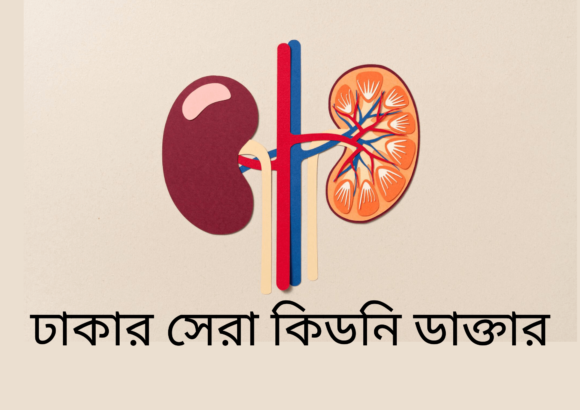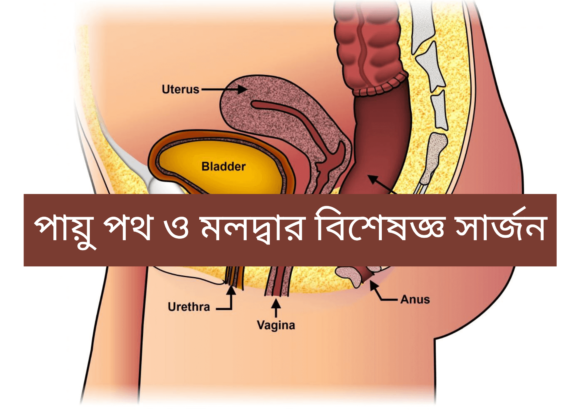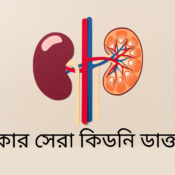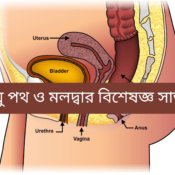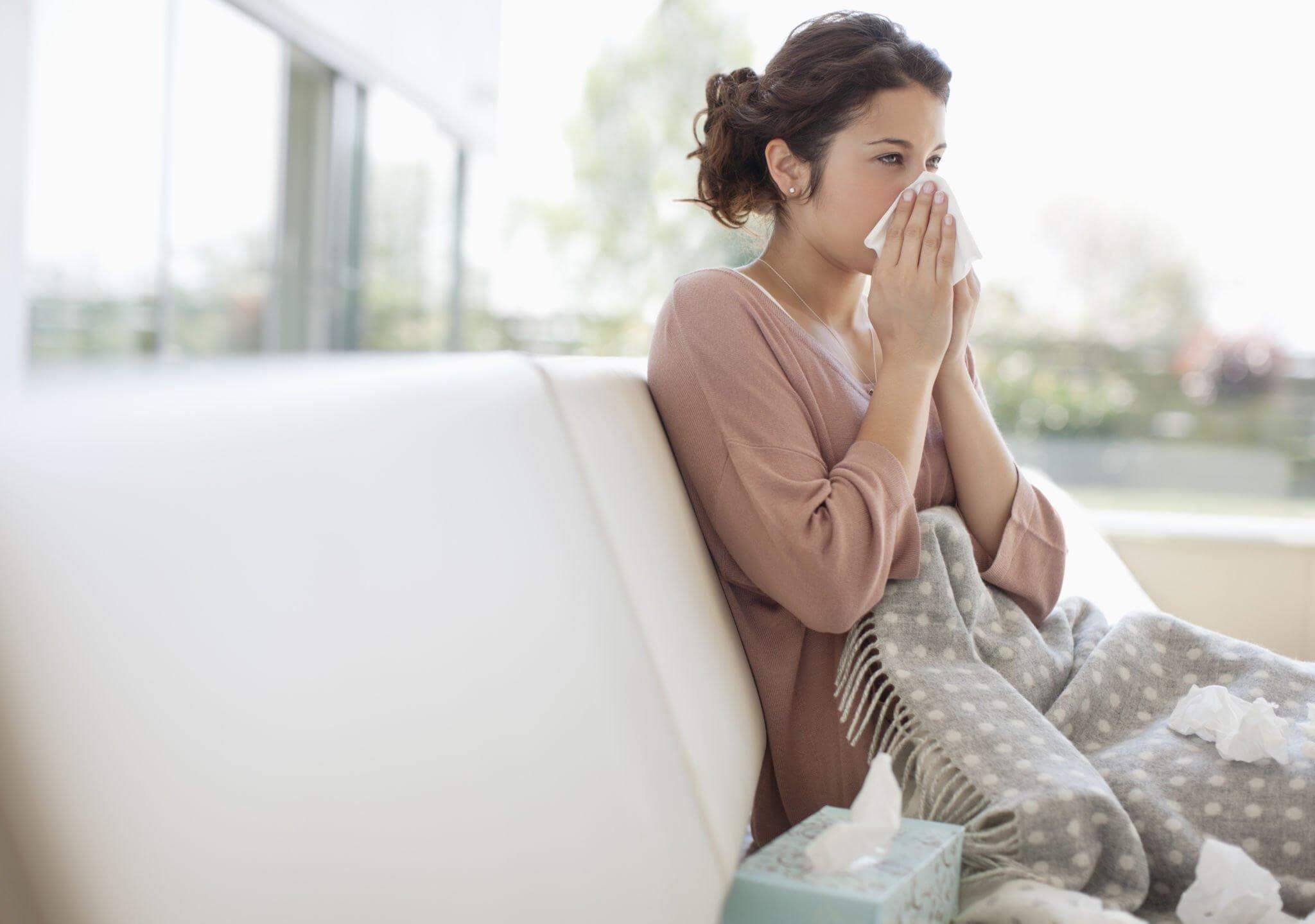
Common Cold Symptoms, Causes, Treatment, and Prevention
Table of Contents
Introduction
The common cold is a viral infection of the upper respiratory tract, which includes the nose, throat, and sinuses. It is one of the most common illnesses in humans, affecting adults and children alike. Various viruses, most commonly rhinoviruses, cause the common cold. These viruses are highly contagious and can be spread through contact with respiratory droplets produced when an infected person coughs or sneezes.
Read More: 10 ways to keep the liver healthy: Common Cold Symptoms, Causes, Treatment, and PreventionCommon cold Symptoms
The common cold symptoms typically appear within 2-3 days of exposure to the virus and can last for up to 10 days. The most common symptoms include:
- Runny or stuffy nose
- Sneezing
- Sore throat
- Cough
- Watery eyes
- Fatigue
Less common symptoms may include:
- Headache
- Muscle aches
- Fever
- Loss of appetite
Diagnosis of Common cold
The common cold is usually diagnosed based on the patient’s symptoms and medical history. Physical examination may reveal a red and swollen throat and nasal congestion. Laboratory tests are not typically necessary, but they may be ordered to rule out other conditions, such as sinusitis or influenza.
Common cold Treatment
There is no specific cure for the common cold. Treatment is aimed at relieving symptoms and making the patient feel more comfortable. Over-the-counter medications such as acetaminophen (Tylenol) or ibuprofen (Advil) can reduce fever and pain. Decongestants can help to clear nasal congestion. Cough suppressants can be used to relieve coughing.
Most people recover from the common cold within 7-10 days. However, some people may experience symptoms for more extended periods. If symptoms are severe or do not improve after ten days, it is essential to see a doctor.
Prevention Common cold
The best way to prevent the common cold is to avoid contact with the virus. This can be done by washing your hands frequently, avoiding close contact with people who are sick, and covering your mouth and nose when you cough or sneeze.
Other preventive measures include:
- Getting enough sleep
- Eating a healthy diet
- Exercising regularly
- Avoiding smoking
Complications
The common cold is usually a mild illness, but it can lead to severe complications in some people, especially young and older adults. These complications may include:
- Otitis media (ear infection)
- Sinusitis
- Pneumonia
- Bronchitis
- Asthma attack
If you have any of these conditions, you must see a doctor immediately.
Research
Researchers are constantly working to develop new treatments and preventive measures for the common cold. One promising area of research is the development of vaccines against rhinoviruses. However, there is no vaccine available yet.
Another area of research is using antiviral medications to treat the common cold. Antiviral drugs can shorten the duration of symptoms and reduce the severity of the illness. However, they are not always effective and can have side effects.
Conclusion
The common cold is a common and often bothersome illness. However, it is usually mild and resolves independently within a week or two. There is no specific cure for the common cold, but treatment can help relieve symptoms and make the patient feel more comfortable. The best way to prevent the common cold is to avoid contact with the virus through good hygiene and handwashing.
Here are some other things you can do to manage the common cold at home:
- Get plenty of rest.
- Drink plenty of fluids, such as water, juice, or clear broth. This will help to loosen mucus and prevent dehydration.
- Use a humidifier or take a hot shower to help relieve congestion.
- Gargle with salt water to soothe a sore throat.
- Elevate your head when you sleep to help reduce nasal congestion.
- Avoid smoking and secondhand smoke.
- Stay home from work or school if you are sick to avoid spreading the virus to others.
If your symptoms are severe or do not improve after ten days, it is essential to see a doctor.

